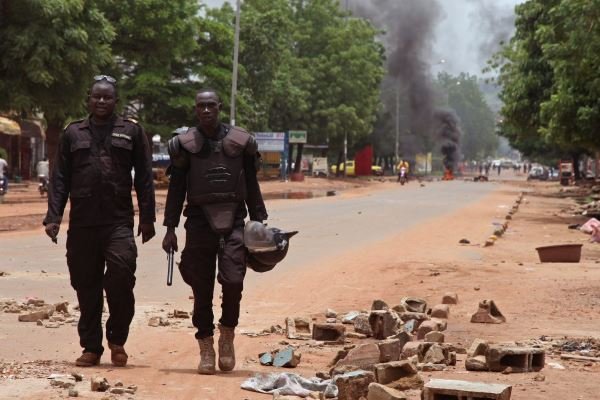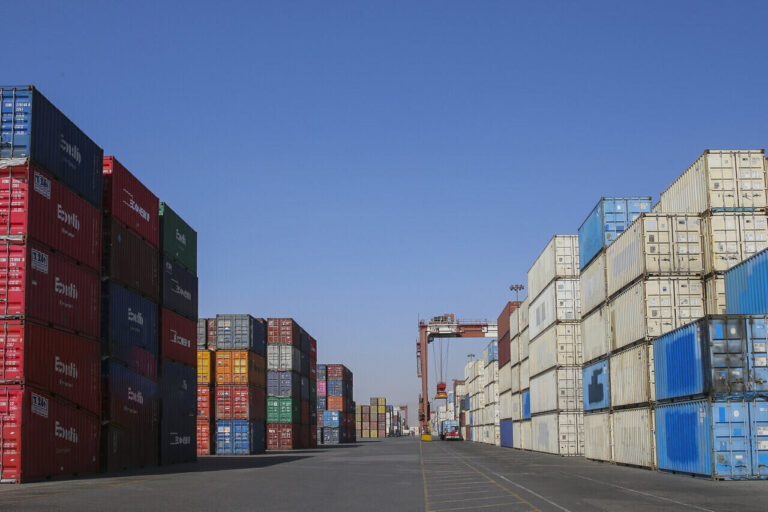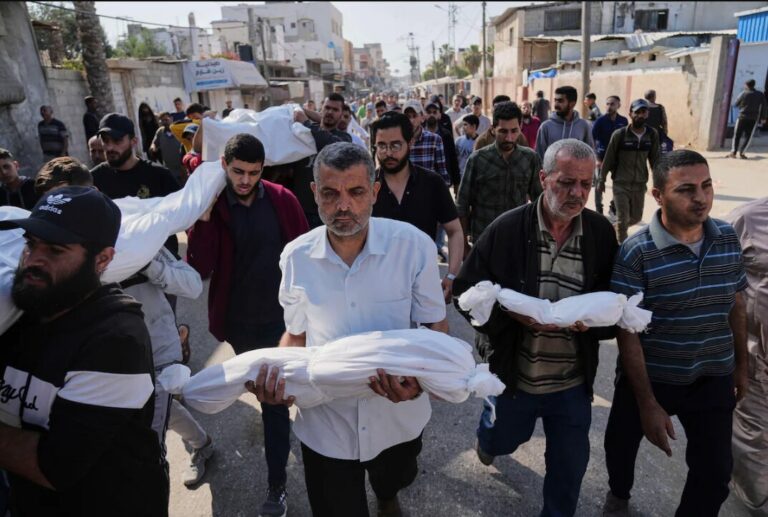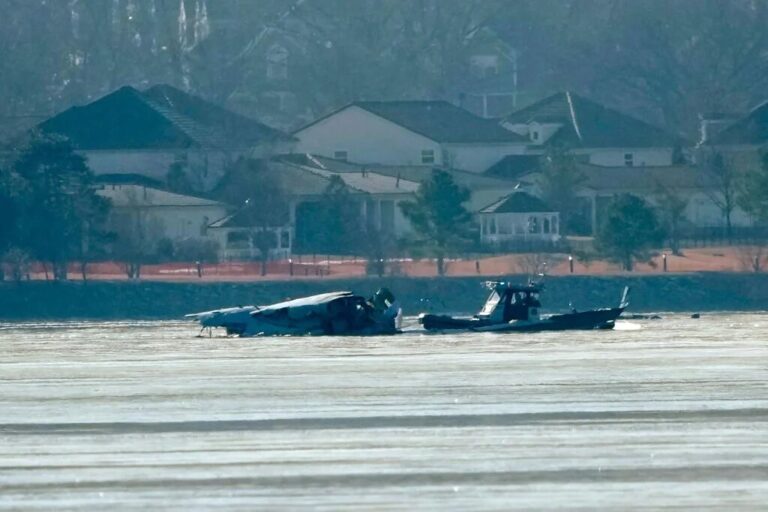Deadly Terrorist Attack in Mali: Dozens Killed and Injured in Unthinkable Violence
In recent developments, the security situation in Mali continues to decline, with a significant attack reported in the Gao region. This area, situated in northeastern Mali, has been grappling with persistent instability and militant activities, raising alarms among local and international observers.
According to an official military statement, the attack in Gao highlights the ongoing challenges faced by the Malian government in maintaining peace and security. As armed groups persist in their operations, the fear of escalating violence grows among the population and officials alike.
The Gao region has been a focal point for armed conflicts, leading to widespread concerns about the safety of residents and the effectiveness of the military forces deployed in the area. The implications of this attack are significant, as they underline the urgent need for enhanced security measures and international support.
Key factors contributing to the instability in the Gao region include:
- Militant Activity: The presence of various armed groups has created a volatile environment.
- Government Challenges: The Malian government is struggling to assert control over the region.
- Humanitarian Impact: Civilians are often caught in the crossfire, facing displacement and insecurity.
The ongoing violence not only threatens the safety of individuals but also hampers economic development and humanitarian efforts in the region. Communities are often left to fend for themselves, with limited access to resources and support.
Furthermore, the international community has expressed grave concerns regarding the situation in Mali. The United Nations and various NGOs are closely monitoring the developments, advocating for a coordinated response to address the multifaceted challenges that have arisen.
In recent months, the Malian government has taken several steps to strengthen its military presence in the region. However, the effectiveness of these measures remains to be seen as armed groups continue to launch attacks, undermining efforts to restore peace.
Experts emphasize the importance of a comprehensive approach to tackling the root causes of violence in Mali. This includes:
- Community Engagement: Involving local communities in peacebuilding efforts can foster trust and collaboration.
- Development Initiatives: Investing in infrastructure and education can provide alternatives to joining armed groups.
- International Cooperation: Strengthening ties with international partners can enhance security operations and humanitarian support.
The situation in Mali is not only a national issue; it has broader regional implications as well. The spillover effects of instability can affect neighboring countries, leading to increased refugee flows and potential cross-border conflicts. Therefore, it is crucial for regional organizations and international entities to engage actively in finding sustainable solutions.
In conclusion, the attack in the Gao region serves as a stark reminder of the ongoing security challenges in Mali. As armed groups continue to threaten stability, it is imperative for both the Malian government and the international community to collaborate effectively to address these pressing issues. Enhanced security measures, community engagement, and international support are vital to restoring peace and protecting the lives of those affected by the violence.
As the situation evolves, it is essential for stakeholders to remain vigilant and proactive in their responses to ensure that Mali does not fall further into chaos. The resilience of the Malian people, combined with effective interventions, may pave the way for a more secure and stable future.






